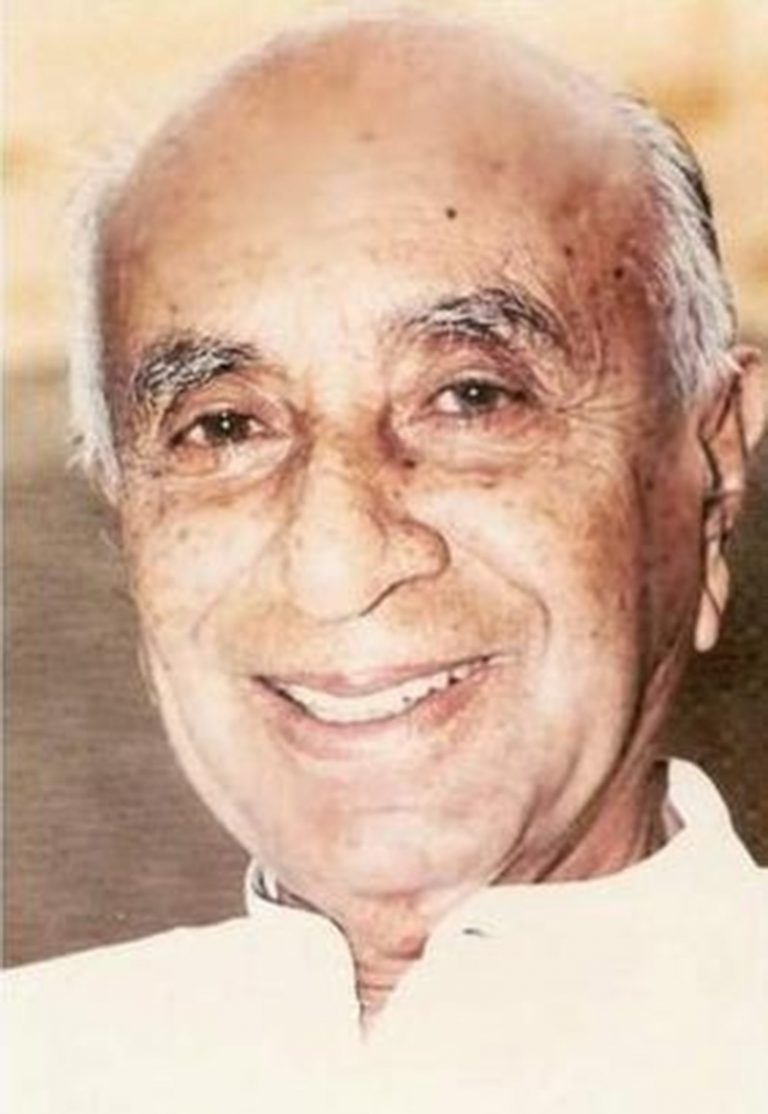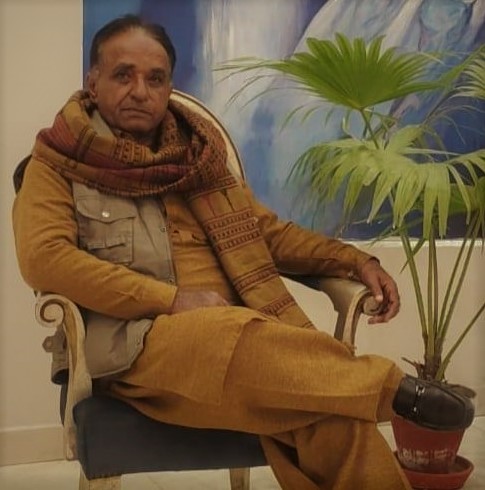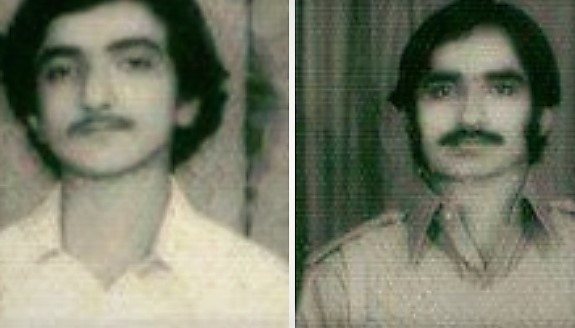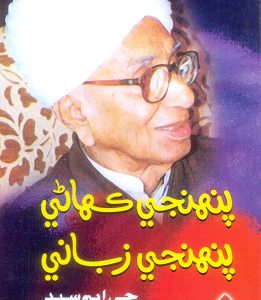
[Author’s Note: Will and Ariel Durant’s book – The Story of Civilization’s first volume appeared in 1935 and a complete set of eleven volumes was published in 1975. The authors took more than four decades to complete the manuscript. The readers well received the book. Therefore, their presence was sought in radio shows and press briefings. Will Durant has mentioned in one of his interviews that most common question around the globe was: ‘what is most important in human civilization, Intelligence, health or character? Will Durant responded the question that first comes the character, then health, and in the last – intelligence. I believe so, and it is still relevant in all walks of life.
I am of the view that in Sindh’s politics Mr. GM Syed, the nationalist leader and founder of Jeay Sindh Movement, was the powerhouse of ideas, and torchbearer of morality. Let me not shy, and state that he was the only politician, who practiced his ethos across the board, irrespective of political differences, power, age, class, and gender. I had been pondering over to document Jeay Sindh workers’ personal encounters with GM Syed. I would like to share an incident of 1975, narrated by Mr. Muban Mangrio, who was active member of Jeay Sindh Mahaz. Such more accounts would be shared in this series.]
Dr. Zaffar Junejo
G. M. Syed: a Nonjudgmental Man
Long ago, perhaps in 1975, Sami Mangrio, my cousin, then student of Sindh University, and I went to Sann, a small town in district Dadu (Now in Jamshoro district), to meet Saeen G. M. Syed. It is approximately four decades old story but its remembering always cherishes me. I have never thought about its reasons, but truly it keeps me in high spirits. I don’t know about Sami’s feelings, but till now I couldn’t forget the details of the visit – dusty streets of Sann, rural tranquility, gentle blue sky with milky-light oozing stars, calm presence of Khirthar mountain’s ridges, and whispering wind of hilly terrain. However, the most magical scene was a rhythmic movement of hanging lanterns, loosely tied to lined posts. Their swings made shadows larger and shorter, it was a mesmerizing look.

While entering the residence of Saeen GM Syed, known as Darya-Waro-Bungalow, suddenly, we saw that we were in front of a group of people, who were sitting on a locally made carpet spread over relatively raw courtyard. Among them, we noticed the presence of graceful person. I noticed his warm and welcoming attitude. We joined the group, but I was a bit puzzled, as my traditional conditioning had formed a different image of the leader– robust, handlebar moustaches, bulky body, too talkative and a bit arrogant. But before me a sage was sitting – focused in thought, and subtle in conversation – literally not influenced by external environment. I found him engaging and present. We introduced ourselves, and told that we were from Sukkur. I was a little bit surprised that instead of discussing politics, he asked us about our education and well-being of his friends.

Soon, I noticed that we are having a dialogue. However, it was around Sukkur city and his friends. I remember that he told that he has been to Sukkur more than once. He lovingly recalled memories of Haji Alam Mangrio, the then editor of weekly ‘Roshni’ and leader of the Sindh Hari Committee. He also enquired about health and well-being of Rasheed Bhatti’s father, Molvi Abdul Hameed Bhatti, who used to edit ‘Alminar’ newspaper. He also recalled Jagirani Paro, where he had stayed being the guest of Haji Alam Mangrio. On our enquiry, he told that ‘he stayed there, because in those days, he came to Sukkur for organizing the Sindh Hari Committee’. According to him it was 1940s.
I remember, he never asked about our political ideology, and never checked our religious affiliations – really I was in a state of completely immersed in his conversation. I came out from that engrossed state when he halted the conversation and went inside the residential part the bungalow. Shortly, he came with a tray of meals. Quickly, a servant moved and helped him. We all sat on the same carpet, and he helped us in finding the solid and fleshy pieces of meat. He cared us like a mother. I noticed that he took small morsels, and chewed slowly. He was conscious of his act. After some considerable time, we sought permission to leave but he insisted to stay a few days. We promised that we would be back soon. He resembled our quickness with a messenger – who comes, drops the message, and leaves. We were silent. He asked the servant to bring two copies of his newly published autobiography, ‘Pahenji Kahani, Pahenji Zubani (one’s own story in his own words).

Now roughly four decades have passed, but that first meeting with Saeen GM Syed is still too fresh. A skeptical one may ask what I have learned and how relate that learning to the present times. A thought comes into my mind, ‘we could converse, and interact with friends and people without ‘biases’ which are placed on us by family members, teachers, friends, religious leaders and political ideologues. But to live and engage without ‘biases’ is not an instant phenomenon; we may acquire that state with a conscious effort. We have to put in the effort to understand which ‘biases’ we can replace or adjust and even discard. Friends, time is up now, let us learn how to live without biases and be a nonjudgmental.
[author title=”Dr. Zaffar Junejo” image=”https://sindhcourier.com/wp-content/uploads/2021/11/Dr.-Zaffar-Junejo-Sindh-Courier.jpg”]Dr. Zaffar Junejo has a Ph.D. in History from the University of Malaya. He is freelance writer and his areas of interest are post-colonial history, social history and peasants’ history.[/author]
Click here for Part-I